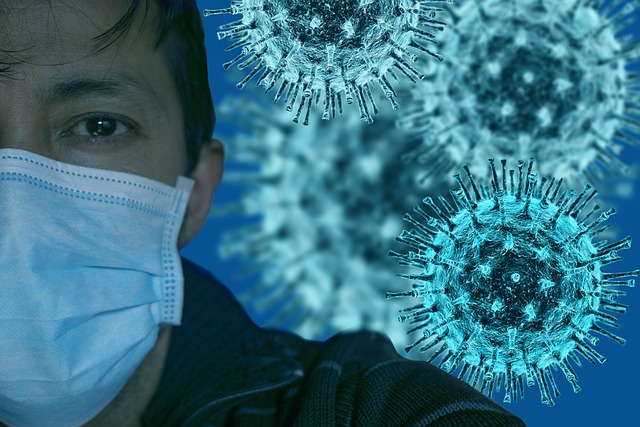
Mental Health during the COVID-19 Pandemic: Prevalence, Severity, and Long-Term Impacts
Prevalence, severity, and distribution of depression and anxiety symptoms are examined before and nine months after the COVID-19 pandemic, highlighting the need for continued monitoring and targeted interventions to address mental health challenges in affected populations.
March 2022
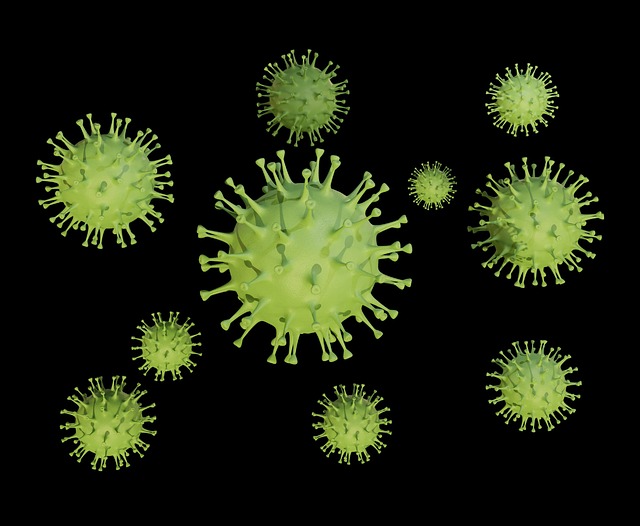
Safety of Inactivated SARS-CoV-2 Vaccine (CoronaVac) in Children: Insights from Clinical Trials
Inactivated SARS-CoV-2 vaccine (CoronaVac) is well tolerated and induces humoral responses in children, supporting its safety and immunogenicity profile in pediatric populations, with implications for COVID-19 vaccination strategies and public health policies.
March 2022
Sputnik V Vaccine Induces Seroconversion and Neutralizing Capacity: Insights from Argentine Research
Argentine investigation published in Cell Reports Medicine demonstrates that the Sputnik V vaccine induces seroconversion and neutralizing capacity, contributing to the growing body of evidence supporting the safety and efficacy of this COVID-19 vaccine candidate.
March 2022

Mechanisms of Olfactory Dysfunction in COVID-19: Insights from Olfactory Support Cell Vulnerability
Olfactory support cells, rather than neurons, are vulnerable to infection by SARS-CoV-2, contributing to olfactory dysfunction in COVID-19 patients and highlighting potential targets for therapeutic interventions.
March 2022
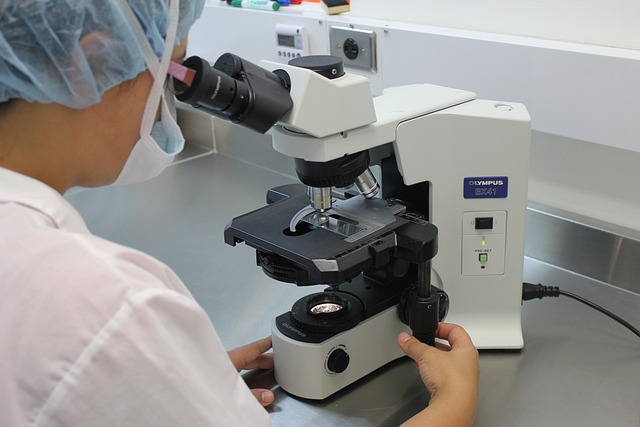
Prevalence of COVID-19 among Hospitalized Infants: Insights from Epidemiological Studies
Frequency of COVID-19 among hospitalized infants varies depending on the extent of viral circulation in the community, highlighting the importance of epidemiological surveillance and infection control measures in pediatric healthcare settings.
March 2022

Postviral Effects of COVID-19 on the Olfactory System: Implications for Olfactory Dysfunction
Inflammation contributes to persistent olfactory deficits in a subset of people recovering from COVID-19, highlighting the need for continued research and clinical monitoring of olfactory function in COVID-19 survivors.
March 2022

Persistence of SARS-CoV-2 Antibodies Nine Months after Infection: Insights from Population-Based Studies
Antibody levels remain high nine months after SARS-CoV-2 infection, as evidenced by tests conducted across an Italian city, highlighting the durability of the immune response and informing vaccination strategies and public health measures.
March 2022

Clinical Evolution of Patients with Anosmia due to COVID-19: Long-Term Follow-Up Findings
Almost all patients who lost their sense of smell due to COVID-19 regained olfactory function a year later, providing insights into the natural history of anosmia associated with SARS-CoV-2 infection and informing patient counseling and management strategies.
March 2022
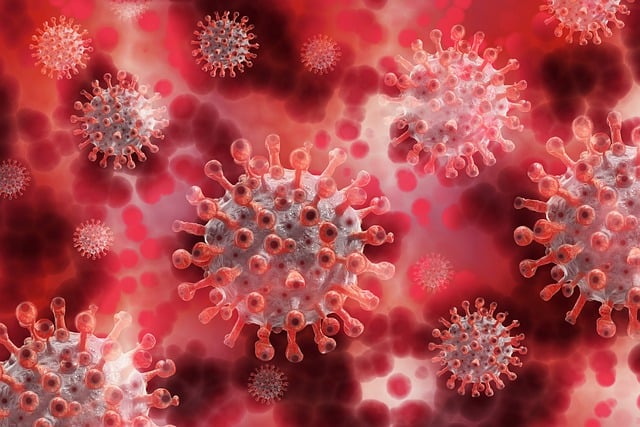
Neuro-Psychiatric Manifestations of COVID-19: Emerging Insights and Clinical Implications
Reports of neuro-psychiatric manifestations associated with COVID-19 continue to rise, underscoring the need for comprehensive neurological assessment, early intervention, and long-term follow-up care to address the diverse spectrum of neurological sequelae in affected individuals.
Februery 2022
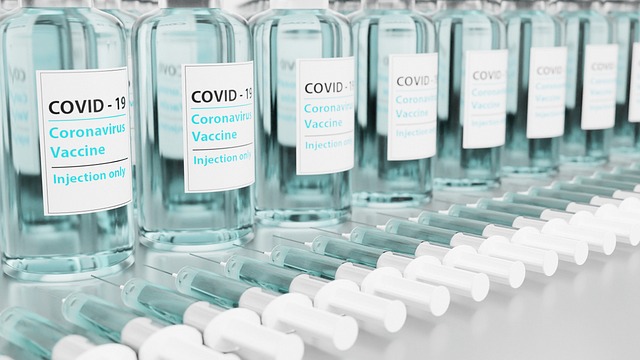
COVID-19 and Atherogenic Dyslipidemia: Implications for Disease Severity and Prognosis
Atherogenic dyslipidemia on admission is associated with poorer outcomes in people hospitalized for COVID-19, highlighting the importance of lipid management and cardiovascular risk assessment in COVID-19 patients to optimize clinical outcomes and reduce mortality rates.
Februery 2022















